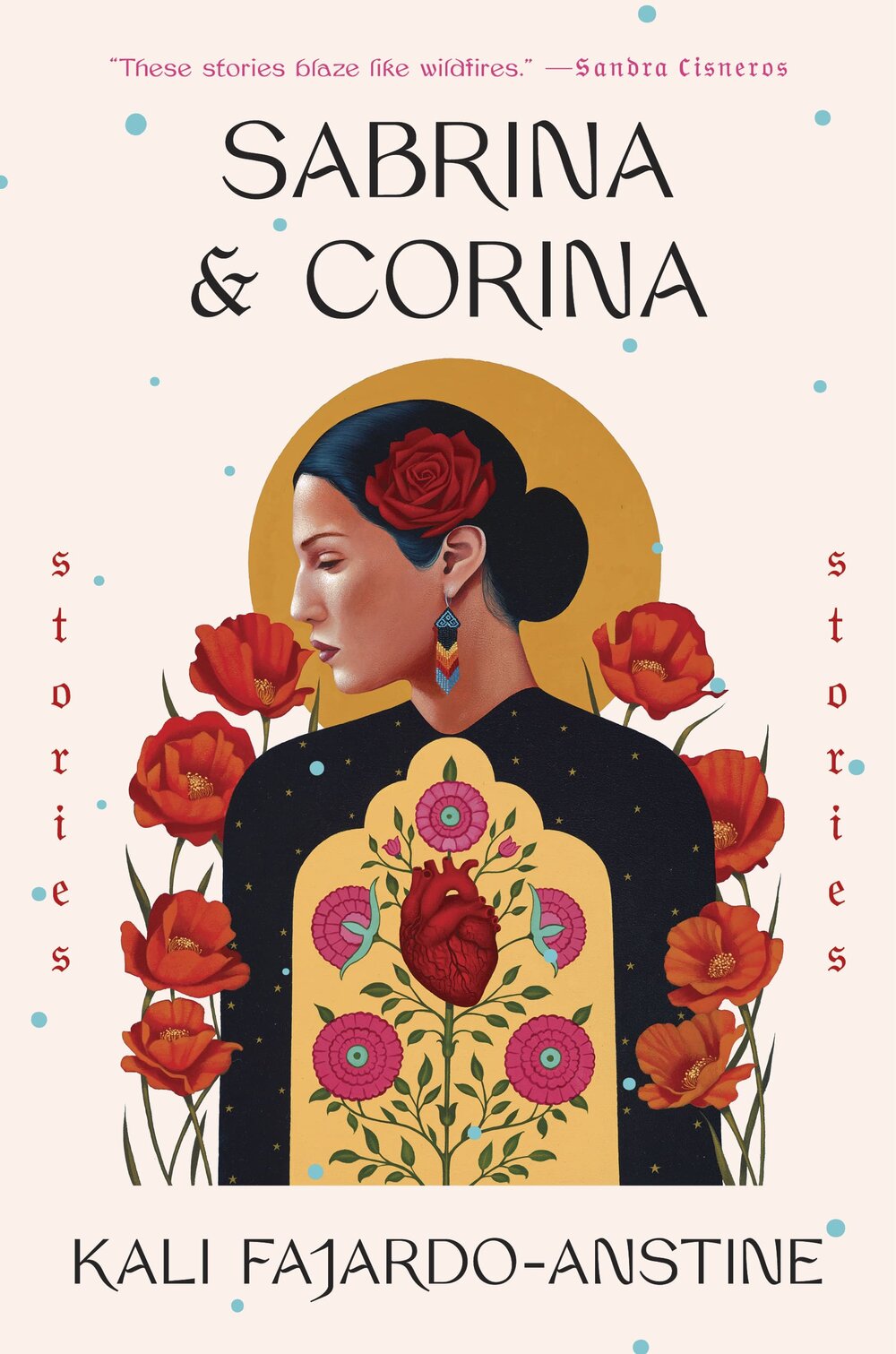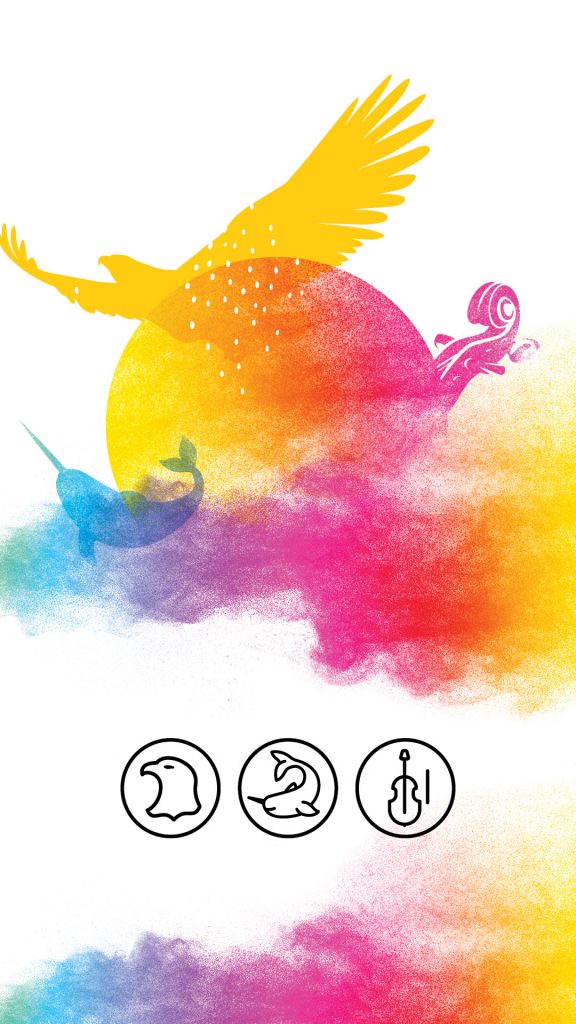June Reading Challenge: Read a biography or book of essays by an Indigenous author.
It is hard to believe that it is almost halfway through the challenge but as the year continues, so must our reading list! This month’s challenge is focused on biographies and essay collections written by Indigenous authors. June is National Indigenous History Month and during this month, we recognize the rich history, heritage, resilience and diversity of First Nations, Inuit and Métis Peoples across Canada. As such, we also believe that reading about their experiences from a first hand perspective is paramount, which is why we are focusing on biographies and essays. For more resources, please check the bottom of this blog post.
As usual, all of the titles mentioned in this post are available at Vaughan Public Libraries where you can request these titles for yourself. If you would like some more recommendations, please check out this staff list of recommendations. If biographies are not your thing, we also recommend checking out this list of teen novels, graphic novels and non-fiction.
Braiding Sweetgrass by Robin Wall Kimmerer: this collection of essays explores the natural world using scientific knowledge and Indigenous teachings, from the author’s point of view as a professor of environmental biology and a member of the Citizen Potawatomi Nation. This book is frequently seen on must-read lists and for good reason! Elizabeth Gilbert proclaims that the book takes readers on “a journey that is every bit as mythic as it is scientific, as sacred as it is historical, as clever as it is wise”.
Sabrina & Corina by Kali Fajardo-Anstine: If you are looking for something on the fiction side, this short story collection is perfect for you. This debut collection of short stories focuses on Indigenous Latina women set primarly in Denver, Colarado. It is character-driven and written in a unique way that is sure to appeal to anyone. The novel has been nominated for several awards, like the National Book Award and it has even won The American Book Award. For more information about the short story collection and about the author, I highly recommend this interview the author participated in with Longreads in which the author discusses her upbringing and her desire to show that Denver has a long and cultured history that is often dismissed.
Unreconciled by Jesse Wente: Jesse Wente, an Ojibwe member of Serpent River First Nation, is an extremely accomplished arts journalist. He was on CBC Radio One’s Metro Morning for 20 years and is also chairperson of the Canada Council for the Arts. Unreconciled is part manifesto, part memoir about how reconciliation is a flawed concept, Indigenous identity, and the importance of storytelling to Indigenous peoples. Wente expresses his feelings of exploring his Indigenous identity when he was younger – having grown up with certain privileges, he once felt that made him not Indigenous ‘enough’. He then skillfully links the concept of Indigenous identity with colonial practices and government policies like the Indian Act, and how the government sought to regulate identity. But if this description doesn’t do the book justice, maybe Thomas King‘s endorsement will – calling it simply “One hell of a good book.”
Continue reading

 June is National Indigenous History Month, a celebration of the diverse histories, heritages, and
June is National Indigenous History Month, a celebration of the diverse histories, heritages, and